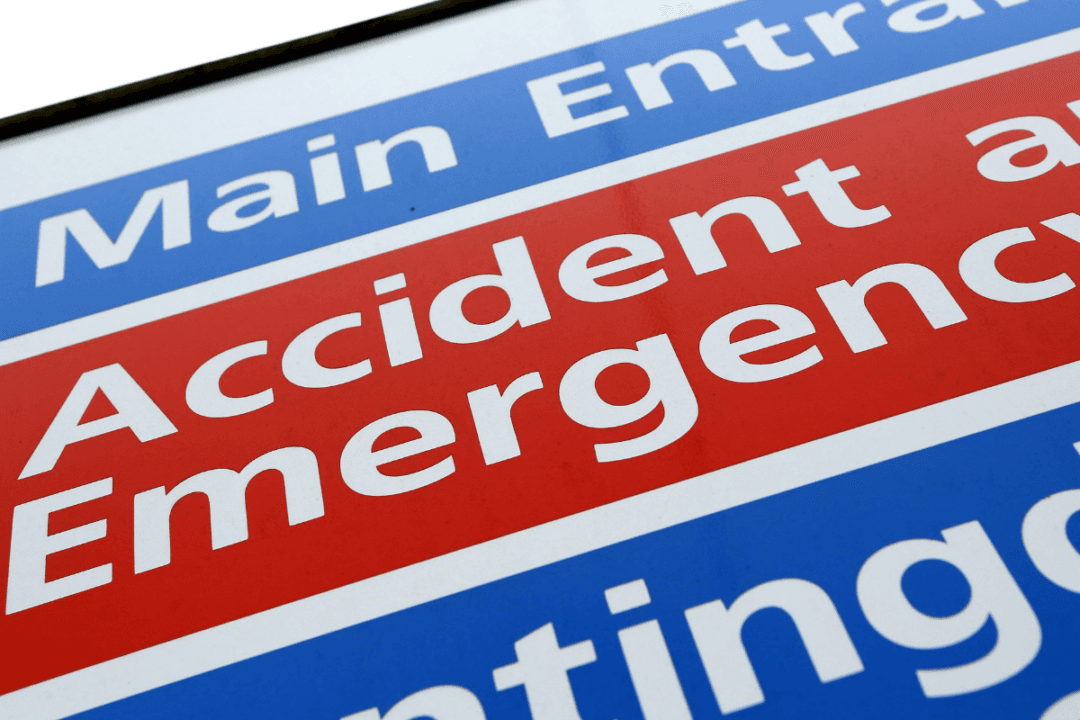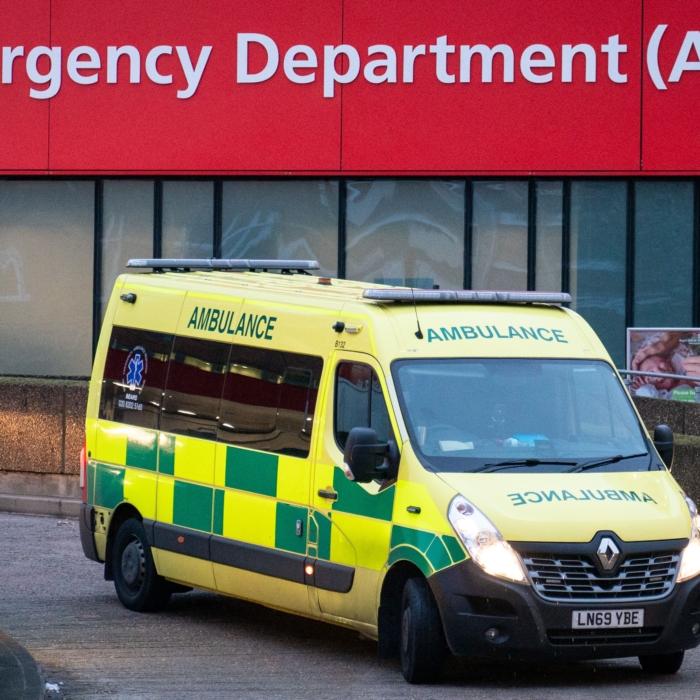People who frequently attend accident and emergency departments account for almost one in seven A&E visits, research by British Red Cross has found.
Researchers said that these people constitute a “small and vulnerable minority” whose medical needs are “consistently not being met” by other parts of the health and social care system.
They said that these visits were more likely to be classed as urgent by doctors, at a rate of 62.7 percent compared to 52 percent of the control group.
They were also more likely to arrive by emergency ambulance and more likely to have gone to their GPs before presenting at A&E.
The Elderly and Mentally Ill
British Red Cross said that around 70 percent of those frequently attending emergency rooms in Dorset fall into one of two categories: the elderly; and those aged 20 to 49, particularly young women, with mental ill health.Cohort One, those aged over 70, tend to have two or more long-term conditions and 44.5 percent are on the palliative care register.
The other, Cohort Two, tends to have a significant link with deprivation. Particularly prevalent issues among this group includes depression, self-harm, substance abuse, and seizures. They are also more than twice as likely than the control group to have two or more long-term conditions.
Unresolved Medical Issues
The charity said that people are making repeat visits to the emergency room “due to unresolved medical issues and other unmet non-clinical needs.”As part of the British Red Cross’s research, they presented several case studies, where frequent A&E users—with anonymised identities—outlined the struggles they were experiencing.
Some of those said they felt let down by other services they had accessed, such as social services and their GPs.
“John,” aged 20-29, lives in supported accommodation and has multiple long-term conditions including rheumatoid arthritis, fibromyalgia, sciatica, autism, and mental health conditions. He told researchers he had struggled to access adequate health care, and has turned to A&E when experiencing physical or mental health problems.
The report noted that “John’s interactions with his GP and social worker have also been characterised by frustration and disappointment, leaving him feeling dismissed and unheard.”

“Emma,” aged 30-39, has lived with chronic pain for 20 years and suffers from multiple long-term conditions including fibromyalgia, asthma, hypermobility, and panic attacks.
Reforming the NHS
The charity says that this regional study could help other NHS Trusts understand the pressures on their systems better.Béatrice Butsana-Sita, British Red Cross’s chief executive, said: “Our Red Cross teams work with the NHS across the country and regularly see people facing a range of issues, from isolation to inadequate housing and other challenges that impact health and wellbeing.
“As the government embarks on the development of a new plan to transform the NHS, this research provides further urgency for the need to tackle underlying causes of ill health, resource vital community services and more dedicated high-intensity use of A&E services.
“This will help make sure the right services are in place to support people with compassion when they need it most before they reach crisis point.”

This will include a focus on preventative care, improving access to health care in the community—including improved GP access—and addressing the needs of the ageing cohort of the population.
Launching the consultation, Prime Minister Sir Keir Starmer said: “We have a clear plan to fix the health service, but it’s only right that we hear from the people who rely on the NHS every day to have their say and shape our plan as we deliver it. Together we can build a health care system that puts patients first and delivers the care that everyone deserves.”







